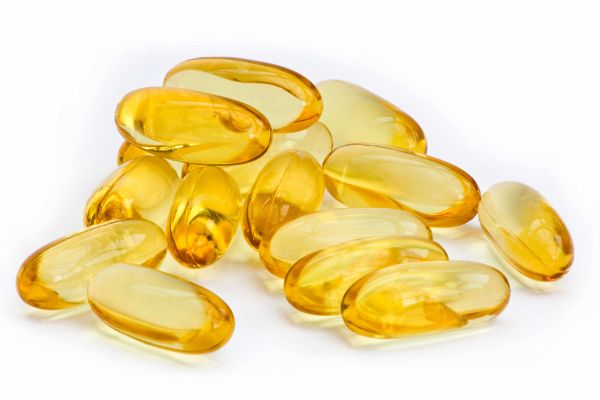GOED Leads Study Finding New Zealand Fish Oil Products Meet Label Claims
Researchers found that most fish oil products on the market in New Zealand do meet regulatory limits for oxidation and label claims about EPA and DHA content.
Photo © iStockphoto.com/BrianAJackson

In a recently published study in Scientific Reports1, researchers found that most fish oil products on the market in New Zealand do meet regulatory limits for oxidation and label claims about EPA and DHA content. This research was funded and conducted by the Global Organization of EPA and DHA Omega-3s (GOED; Salt Lake City), together with several of the association’s members, specifically with the goal of refuting a 2015 study2 (Albert et al.), also published in Scientific Reports, which claimed that the majority of the 32 New Zealand fish oil supplements the researchers tested did not contain the stated label amounts of EPA and DHA and were found to be oxidized.
In the new GOED-led study, researchers purchased a total of 47 fish oil supplements available from online retail sites in New Zealand. The blinded samples were sent to independent, accredited labs in the United States for testing where each participating laboratory was instructed to test samples for EPA and DHA content, as well as oxidative status. Labs were instructed to use methods for measuring fatty acid content from either the European Pharmacopoeia, the U.S. Pharmacopeia, the American Oil Chemists Society (AOCS) methods, or the GOED’s own analytical method. Finally, all 47 products underwent testing by Eurofins Central Analytical Laboratories. Flavored fish oils received separate analysis using a True Anisidine Value (TAV) methodology.
In almost every case, the products tested met label claims for EPA and DHA content (96% were compliant) with Australian and New Zealand regulatory limits for oxidation and EPA/DHA content claims, with only four out of 47 failing to meet label claims. This study demonstrated a low 9% non-compliance rate for regional regulatory limits, a far cry from the 91% rate as reported by Albert et al.
GOED notes that this is the fourth study that has attempted and failed to replicate the findings of Albert et al., with GOED’s study representing the largest sample size of products among the four studies. “GOED’s paper contains the largest sample size of products from these studies and is unique because nearly all the products were analyzed by multiple labs after being blinded to avoid any confirmation bias or method execution issues,” the association stated in a press release.
Gerard Bannenberg, the GOED study’s lead author and director of compliance and scientific outreach for GOED, said in a press release, “This replication study results show that fish oil supplements on the New Zealand market contain the correct content of EPA and DHA and are not excessively oxidized. Consumers can feel confident that fish oils they can purchase are quality products.”
References:
- Bannenberg G et al. “Omega-3 long-chain polyunsaturated fatty acid content and oxidation state of fish oil supplements in New Zealand.” Scientific Reports. Published online May 3, 2017.
- Albert BB et al. “Fish oil supplements in New Zealand are highly oxidised and do not meet label content of n-3 PUFA.” Scientific Reports. Published online January 21, 2015.
HHS announces restructuring plans to consolidate divisions and downsize workforce
Published: March 27th 2025 | Updated: March 27th 2025According to the announcement, the restructuring will save taxpayers $1.8 billion per year by reducing the workforce by 10,000 full-time employees and consolidating the department’s 28 divisions into 15 new divisions.










